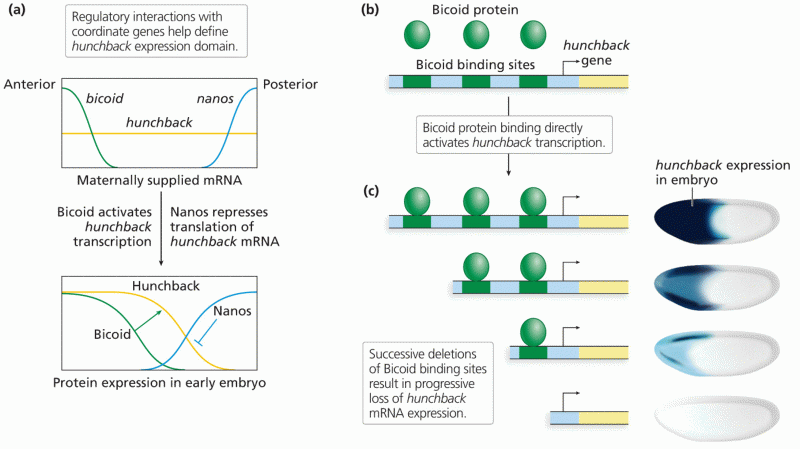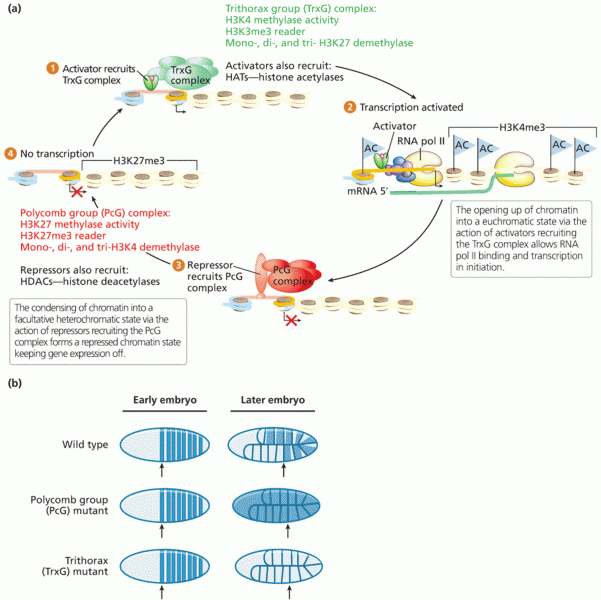This topic contains a solution. Click here to go to the answer
|
|
|
Did you know?
Medications that are definitely not safe to take when breastfeeding include radioactive drugs, antimetabolites, some cancer (chemotherapy) agents, bromocriptine, ergotamine, methotrexate, and cyclosporine.
Did you know?
Drying your hands with a paper towel will reduce the bacterial count on your hands by 45–60%.
Did you know?
The word drug comes from the Dutch word droog (meaning "dry"). For centuries, most drugs came from dried plants, hence the name.
Did you know?
Green tea is able to stop the scent of garlic or onion from causing bad breath.
Did you know?
The first documented use of surgical anesthesia in the United States was in Connecticut in 1844.







